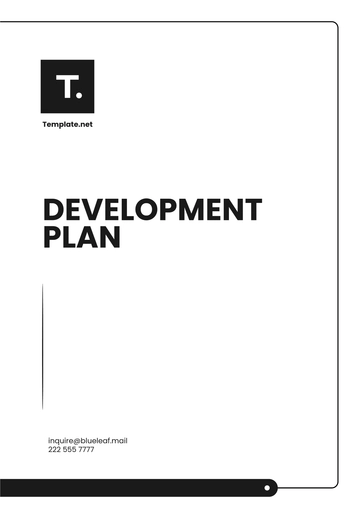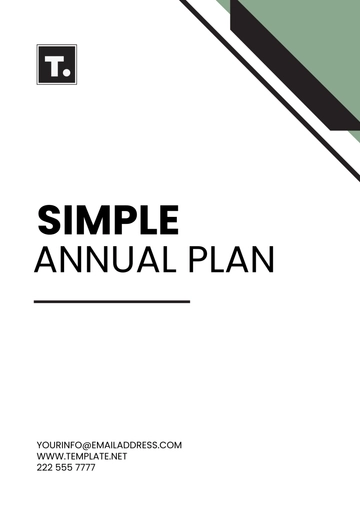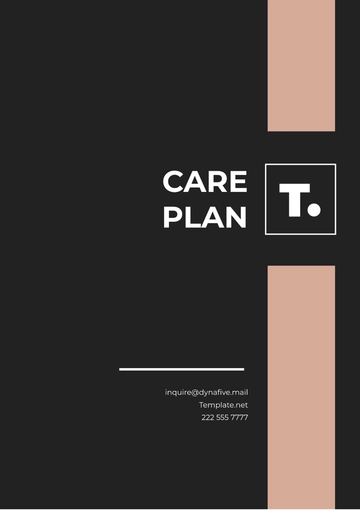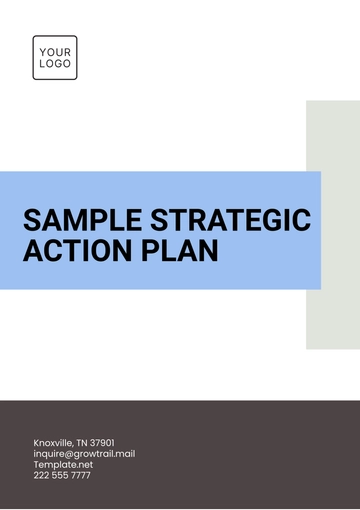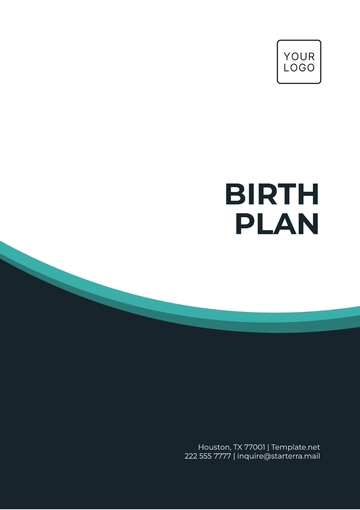Free Mental Health Care Plan

Prepared by: [Your Name]
Date: [Date]
I. Client Information
Client Name: [Client Name]
Date of Birth: [Date of Birth]
Diagnosis: Major Depressive Disorder
Therapist: [Your Name]
Date of Plan: [Date]
II. Goals
A. Symptom Management
Reduce the frequency and intensity of depressive symptoms, including low mood, hopelessness, and lack of interest or pleasure in activities.
Enhance coping skills to manage negative thoughts and emotions effectively.
Improve sleep quality and regulate daily routines to promote stability.
B. Therapy Sessions
Attend weekly individual therapy sessions to explore underlying triggers of depression and develop coping strategies.
Engage in cognitive-behavioral therapy (CBT) techniques to challenge and reframe negative thought patterns.
Utilize mindfulness-based interventions to increase present-moment awareness and reduce rumination.
C. Crisis Intervention Strategies
Develop a crisis plan outlining steps to take during acute episodes of distress, including emergency contacts and coping strategies.
Collaborate with the client to identify early warning signs of worsening symptoms and implement preventive measures.
Provide education on accessing emergency mental health services and hotlines for immediate support during crises.
III. Interventions:
A. Psychoeducation
Provide information about depression, its symptoms, and available treatment options to enhance the client's understanding of their condition.
Educate the client about the importance of medication adherence (if applicable) and potential side effects.
B. Cognitive-Behavioral Techniques
Implement cognitive restructuring exercises to challenge distorted thinking patterns and promote more adaptive responses to stressors.
Introduce behavioral activation strategies to increase engagement in pleasurable activities and restore a sense of accomplishment.
C. Mindfulness Practices
Teach mindfulness meditation techniques to cultivate present-moment awareness and reduce reactivity to negative emotions.
Encourage regular practice of mindfulness exercises to promote emotional regulation and stress reduction.
D. Relapse Prevention
Collaboratively develop a relapse prevention plan to identify triggers, warning signs, and coping strategies to prevent the recurrence of depressive episodes.
Explore lifestyle modifications, including exercise, nutrition, and social support, to enhance overall well-being and resilience.
IV. Monitoring and Evaluation
A. Progress Review
Conduct regular assessments of depressive symptoms and treatment progress during therapy sessions.
Adjust treatment strategies as needed based on the client's response and feedback.
B. Outcome Measures
Utilize standardized measures such as the Beck Depression Inventory (BDI) or Patient Health Questionnaire (PHQ-9) to monitor changes in depressive symptoms over time.
Assess improvements in functioning, mood regulation, and quality of life as indicators of treatment efficacy.
V. Collaboration
A. Multidisciplinary Team
Coordinate care with other healthcare providers involved in the client's treatment, including psychiatrists, primary care physicians, and social workers.
Share relevant information and treatment updates to ensure continuity of care and comprehensive support.
B. Family Involvement
Engage family members or support networks in treatment planning and psychoeducation to enhance understanding and support for the client's recovery journey.
VI. Discharge Planning:
A. Transition Plan:
Develop a discharge plan outlining post-treatment support and follow-up care arrangements.
Provide referrals to community resources, support groups, or outpatient services for ongoing maintenance and relapse prevention.
B. Continued Support:
Offer periodic check-ins or booster sessions to monitor long-term progress and address any emerging concerns.
Encourage the client to maintain self-care practices and utilize coping strategies learned in therapy to sustain improvements in mental health.
Client Agreement
I, [Client Name], have read and understand the goals, interventions, and expectations outlined in my Individual Mental Health Care Plan. I agree to actively participate in therapy sessions and adhere to the treatment recommendations provided by my therapist.

[Your Name]
[Date]

[Client's Name]
[Date]
- 100% Customizable, free editor
- Access 1 Million+ Templates, photo’s & graphics
- Download or share as a template
- Click and replace photos, graphics, text, backgrounds
- Resize, crop, AI write & more
- Access advanced editor
Crafting a comprehensive mental health care plan just got easier with Template.net's editable Mental Health Care Plan Template. Customizable to suit individual needs, this template streamlines the process, ensuring efficiency and accuracy in care provision. Designed for seamless editing in our Ai Editor Tool, it offers flexibility and precision, empowering professionals to deliver tailored support effortlessly.
You may also like
- Finance Plan
- Construction Plan
- Sales Plan
- Development Plan
- Career Plan
- Budget Plan
- HR Plan
- Education Plan
- Transition Plan
- Work Plan
- Training Plan
- Communication Plan
- Operation Plan
- Health And Safety Plan
- Strategy Plan
- Professional Development Plan
- Advertising Plan
- Risk Management Plan
- Restaurant Plan
- School Plan
- Nursing Home Patient Care Plan
- Nursing Care Plan
- Plan Event
- Startup Plan
- Social Media Plan
- Staffing Plan
- Annual Plan
- Content Plan
- Payment Plan
- Implementation Plan
- Hotel Plan
- Workout Plan
- Accounting Plan
- Campaign Plan
- Essay Plan
- 30 60 90 Day Plan
- Research Plan
- Recruitment Plan
- 90 Day Plan
- Quarterly Plan
- Emergency Plan
- 5 Year Plan
- Gym Plan
- Personal Plan
- IT and Software Plan
- Treatment Plan
- Real Estate Plan
- Law Firm Plan
- Healthcare Plan
- Improvement Plan
- Media Plan
- 5 Year Business Plan
- Learning Plan
- Marketing Campaign Plan
- Travel Agency Plan
- Cleaning Services Plan
- Interior Design Plan
- Performance Plan
- PR Plan
- Birth Plan
- Life Plan
- SEO Plan
- Disaster Recovery Plan
- Continuity Plan
- Launch Plan
- Legal Plan
- Behavior Plan
- Performance Improvement Plan
- Salon Plan
- Security Plan
- Security Management Plan
- Employee Development Plan
- Quality Plan
- Service Improvement Plan
- Growth Plan
- Incident Response Plan
- Basketball Plan
- Emergency Action Plan
- Product Launch Plan
- Spa Plan
- Employee Training Plan
- Data Analysis Plan
- Employee Action Plan
- Territory Plan
- Audit Plan
- Classroom Plan
- Activity Plan
- Parenting Plan
- Care Plan
- Project Execution Plan
- Exercise Plan
- Internship Plan
- Software Development Plan
- Continuous Improvement Plan
- Leave Plan
- 90 Day Sales Plan
- Advertising Agency Plan
- Employee Transition Plan
- Smart Action Plan
- Workplace Safety Plan
- Behavior Change Plan
- Contingency Plan
- Continuity of Operations Plan
- Health Plan
- Quality Control Plan
- Self Plan
- Sports Development Plan
- Change Management Plan
- Ecommerce Plan
- Personal Financial Plan
- Process Improvement Plan
- 30-60-90 Day Sales Plan
- Crisis Management Plan
- Engagement Plan
- Execution Plan
- Pandemic Plan
- Quality Assurance Plan
- Service Continuity Plan
- Agile Project Plan
- Fundraising Plan
- Job Transition Plan
- Asset Maintenance Plan
- Maintenance Plan
- Software Test Plan
- Staff Training and Development Plan
- 3 Year Plan
- Brand Activation Plan
- Release Plan
- Resource Plan
- Risk Mitigation Plan
- Teacher Plan
- 30 60 90 Day Plan for New Manager
- Food Safety Plan
- Food Truck Plan
- Hiring Plan
- Quality Management Plan
- Wellness Plan
- Behavior Intervention Plan
- Bonus Plan
- Investment Plan
- Maternity Leave Plan
- Pandemic Response Plan
- Succession Planning
- Coaching Plan
- Configuration Management Plan
- Remote Work Plan
- Self Care Plan
- Teaching Plan
- 100-Day Plan
- HACCP Plan
- Student Plan
- Sustainability Plan
- 30 60 90 Day Plan for Interview
- Access Plan
- Site Specific Safety Plan










